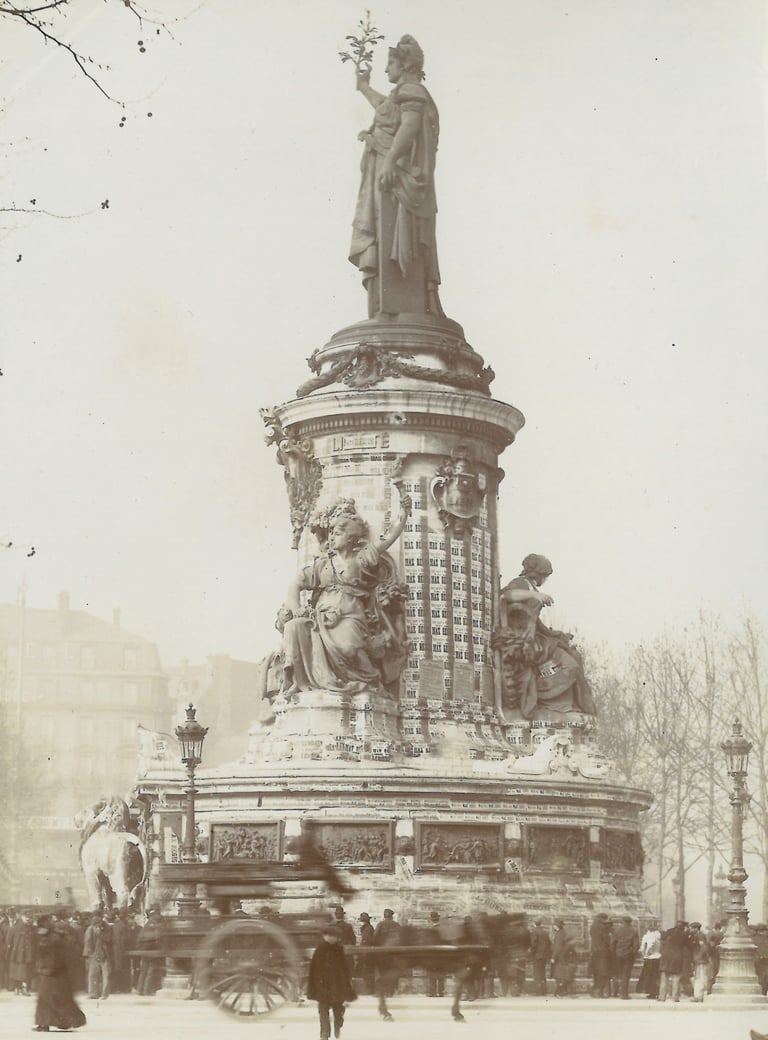Publications
“Against the Caesarist Crowd: Georges Sorel’s Early Democratic Socialism during the Dreyfus Affair” Modern Intellectual History. Online FirstView (2025): https://doi.org/10.1017/S1479244325100334
Abstract: This article presents an account of Georges Sorel’s socialist theory during the Dreyfus affair. It demonstrates that he developed a theory of the socialist movement in which socialist progress required workers’ dissociation from Parisian crowds. The affair showed Sorel that the Parti Ouvrier Français’ (POF) leaders were Jacobin demagogues who used militarist political organization and press rhetoric to fashion workers into Caesarist crowds. In these crowds, workers acclaimed their leaders as savior figures and blindly followed their suggestions for violence. For Sorel, POF leaders would likely direct crowds as instruments of terror in coup d’états to establish their dictatorship in the state. I contend that Sorel embraced the bourses du travail in the 1890s because their distinctive media and cultural environment constructed a different kind of proletariat. This proletariat pursued a democratic socialism of economic self-government and communicative, coalition-building street action. These institutions thus dissolved Caesarist crowds in French socialism.
"'The Natural Leader of the Proletariat': Eduard Bernstein on Trade Unions and the Path to Socialist Cooperation" History of European Ideas 50, no. 3 (2024): https://doi.org/10.1080/01916599.2023.2274994
Abstract: This article offers a reinterpretation of Eduard Bernstein’s theory of evolutionary socialism. It does so by examining the leading role that he envisioned for unions of skilled workers in the socialist movement. During his time in London in the 1890s, Bernstein’s engagement with English Fabianism led him to emphasize the proletariat’s differentiated nature. He claimed skilled workers most readily organized and became the first proletarians to develop class consciousness. Unskilled workers, on the other hand, remained largely unorganized and estranged from the socialist movement. Bernstein opposed the socialist political strategy of nationalization because it would subordinate unskilled workers to party revolutionaries rather than realize cooperative self-government in industry. This focus on promoting industrial self-government made Bernstein stress the importance of workers’ further unionization and adoption of skilled unionists’ method of collective bargaining. This would produce socialist cooperation because it facilitated cooperative wage determination. In Bernstein’s view, skilled unionists influenced the socialist party to take political action to organize and elevate more proletarians to class consciousness. In contrast to those who claim Bernstein prioritized the party’s autonomous ethical appeals and legislation, I emphasize his focus on union-party interactions and defense of unions as central for the advance to socialism’s cooperative society.


This is a photograph of election posters on the Monument à la République during the 1900 Parisian municipal election. © https://affaire-dreyfus.com/